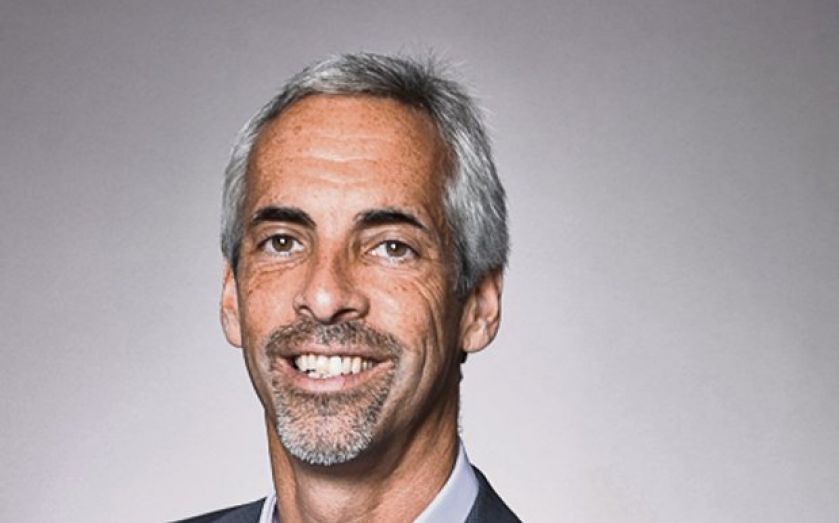London’s top tech advocate

Universities are not producing the graduates needed for London’s booming tech sector. While that’s not a new problem, it is the number one issue affecting businesses in the capital, according to a private sector-led group of 1,000 so-called Tech London Advocates – including BT boss Gavin Patterson, Facebook’s EMEA vice president Nicola Mendelsohn and Lastminute.com co-founder Martha Lane Fox.
While the government’s introduction of the computing curriculum and private initiatives like Decoded and Makers Academy – which look to teach or re-train workers with essential coding skills – are easing the problem, TLA founder Russ Shaw says universities are still turning out graduates who lack key digital skills.
“We need to get the message back to universities so that they look at where London’s going over the next 15 to 20 years, and realise we need to produce more graduates that have great digital skills and technology skills,” says Shaw, who created TLA in April 2013 when he noticed the lack of private sector involvement in championing the successes and issues of London’s tech sector.
“At the time the government had the tech city advisory group at Number 10 that I was part of, and the Mayor’s office was doing it, but where was the private sector?”
To answer the problem, Shaw invited 50 founding advocates, including Index Ventures partner Saul Klein and WANdisco chief executive David Richards, to start the process of forming a new advocacy network.
“When over 90 people showed up I realised that there was definitely the demand for a group like this.”
Eighteen months later TLA has grown by over 900 members, the result of what Shaw says is a founding principle of the network, that every advocate must introduce a new member.
Shaw, a former general manager of Skype and global innovation director at Telefonica, remains involved in the business of tech as a director of chipmaker Dialog Semiconductor, mobile money firm Unwire and dating website Cupid.
Now he is leading the call to tackle the skills shortage in the capital, an issue that 70 per cent of the TLA’s advocates feel is holding back London’s tech sector growth.
“Digital literacy is a must for the future of the UK plc, and businesses as well as individuals must seek out these skills to have any chance of future survival,” says Decoded founder and TLA member Kathryn Parsons.
But not everyone is in agreement with Shaw and his advocates. Other proponents of London highlight that the capital has more skilled workers than any other European city, and indeed even more financial technology workers than New York. They argue that his message puts off investment in London.
“There is a risk, but any city that’s building a tech hub; whether it’s London, Berlin, Stockholm, or New York, is facing the same issues right now.”
Shaw believes that along with the sector’s growth, investors’ appetites for London tech are growing too. He points to Just Eat, Zoopla and Markit as London startups that have grown to billion-dollar valuations, and expects we could see a $10bn float in London within the next five years.
“But there’s still a lot more research, information and transparency about what’s going on [in New York],” he says, which holds back London investors from taking larger risks. “How do we get our banks here to build deeper research departments on tech?”
It’s a question that Shaw doesn’t know the answer to. But the last 18 months have already been transformational for London he says, with venture capital funds setting up in the capital, attracted by the hugely successful exits of the investors betting big on London tech.
Now he believes it is time to tackle questions around skills shortages and infrastructure, which risk seriously hampering London’s tech growth in the future.
“I’m just putting the evidence out on the table; if we don’t address the skills shortage now we’re just building up a future problem.”